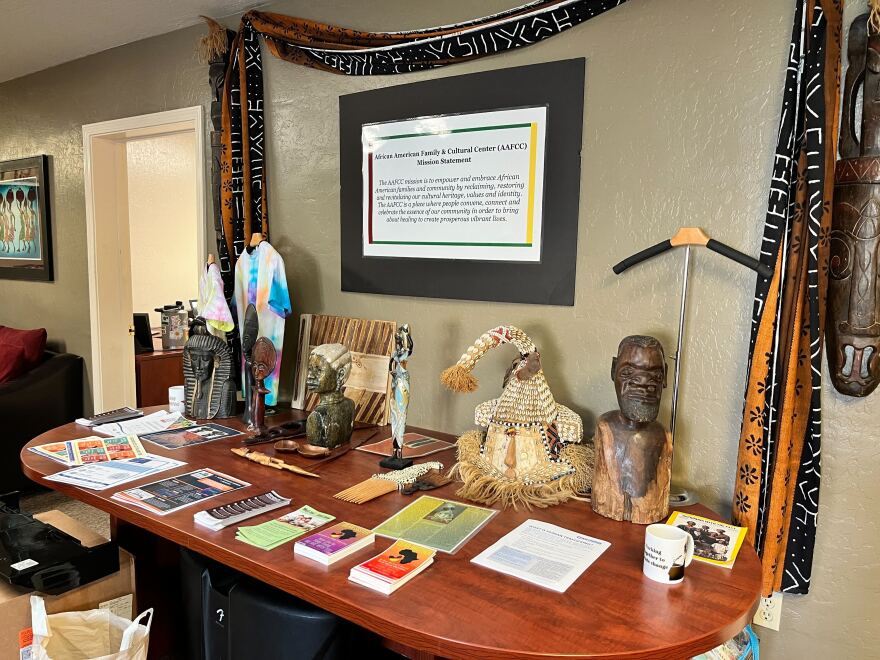Early intervention and mental health services in Butte County are at risk of losing funding — and possibly closing — if voters approve California’s sole statewide ballot measure this March.
Programs in danger include some at Oroville’s African American Family and Cultural Center (AAFCC), which offers services like free after school programs for elementary-aged children, anger management classes and tax filing assistance.
These could be cut if voters approve Gov. Gavin Newsom’s Proposition 1.
“It's one of the most stressful things I think I've come across in a while,” said Tiffany McMillon, executive director at AAFCC. “It feels like the carpet is just getting ripped out from underneath our feet."
Butte County’s Department of Behavioral Health uses money from the Mental Health Services Act (MHSA) to support these programs and others. The passage of Prop. 1 would re-allocate this funding toward housing for those who are severely mentally ill.

Losing funding would be hard on those who rely on the AAFCC.
McMillon said many of the children who come to the center face rough circumstances. She said she and her colleagues try to be there for them consistently.
“[We’re] continuing to tell these kids who they are when the world says something different,” she said. “And so if we look down the line, and the center's not here, it's like, who's going to do that for them?”
In Chico, the Iversen Wellness and Recovery Center faces a similar fate.
Program Director Brianne Arbogast said the center offers peer support and services to people recovering from substance use or other mental health challenges.
“I've heard comments like ‘this place has saved my life’ more times than I can count,” Arbogast said. “I think that speaks so highly to the value that we offer the community.”
The Iversen Center operates under the umbrella of Northern Valley Social Services (NVSS). Arbogast said the mission of NVSS is to inspire hope and transform the lives of its clients through places like the center.

“We do that through bridging gaps in care,” she said, “bridging connection and building rapport with community members.”
As many as 14 programs in the county could lose funding if the measure passes, said Butte County Behavioral Health Director, Scott Kennelly.
He said many of the programs in jeopardy work to help people before they’re in crisis.
“Cutting your upstream programs, or your prevention, early intervention programs to at-risk youth, at-risk adults, individuals who need support early on,” Kennelly said.
Rural counties could face other possible issues too.
The re-allocated funding would go to housing, but Kennelly said compared to more urbanized counties, Butte County faces some unique challenges when it comes to getting housing built. Namely, he said there’s a “not in my backyard” or NIMBY mentality in the area.
Kennelly said many residents don’t want to see unhoused or severely mentally ill people on the streets, but he said they also “don't want to see them in housing anywhere near them."

That type of attitude makes the housing goals of Prop. 1 difficult, he said.
“I think there's probably more resources in the urban centers to build housing and a little bit less resistance,” Kennelly said.
Another issue, Kennelly said, is how long counties have to spend the funding on housing.
“If you don't spend the money within a certain period of time, that money reverts back to the state,” Kennelly said. “So smaller counties that have those challenges to get that housing, infrastructure and treatment infrastructure in place … they lose that money.”
Kennelly said he doesn’t disagree with the governor’s desire to house homeless individuals. “I just don't agree with cutting critical services to fund housing.”



